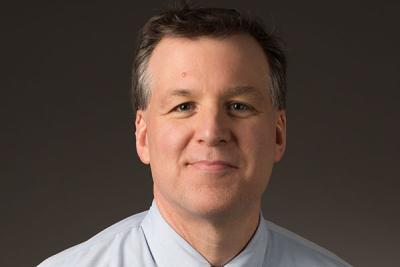Welcome to the Anthropology Department!

Welcome to the OSU Department of Anthropology! Our students and faculty explore some of humanity’s most important questions: Where did we come from? How do we interact with the environment and each other? What does human diversity mean? Our research foci include issues about health and aging, diet, migration, the Anthropocene, primate behavior, socio-ecological systems, agricultural origins and the peopling of the Americas. Our community of scholars consists of archaeologists, dental anthropologists, human biologists, paleoanthropologists, bio-archeologists, primatologists, ethnobotanists, and environmental anthropologists. Information about our research and its impact can be found on faculty webpages.
Ours is one of the few departments to offer four undergraduate degrees. Students may pursue the BA in Anthropology, the BS in Anthropological Sciences, BA in Medical Anthropology or BS in Medical Anthropology. In addition, we offer minors in Cultural Anthropology, Archaeology, Biological Anthropology and Forensic Anthropology. These programs consist of an array of learning experiences across the entire anthropological spectrum and we are proud of the distinguished mentors who offer them. You can access information about undergraduate activities, including the many opportunities for undergraduate research, and you can also contact the undergraduate advisor, Cameron Beason (beason.11@osu.edu; 614-292-6961 (option #3).
Our newly revised graduate program prepares students for careers both within and outside academia. Admission is competitive and we enjoy a high success rate placing graduates in faculty and other professional positions. Information about graduate studies, including application details and funding opportunities, is available. Questions should be directed to Sarah Palazzo, our graduate coordinator (palazzo.66@osu.edu; 614-247-7764).
OSU anthropology is a vibrant part of university life, and we offer many events throughout the year. The website advertising our activities is updated frequently so check back often. In the meantime, consider subscribing to the department’s Instagram, Facebook, Twitter, and LinkedIn accounts.
Understanding the human condition - past and present - has never been more important. If you are interested in learning more about what we do, please contact us. We would love to hear from you!
Warm regards,
W. Scott McGraw
Chair
